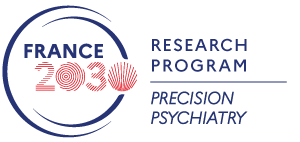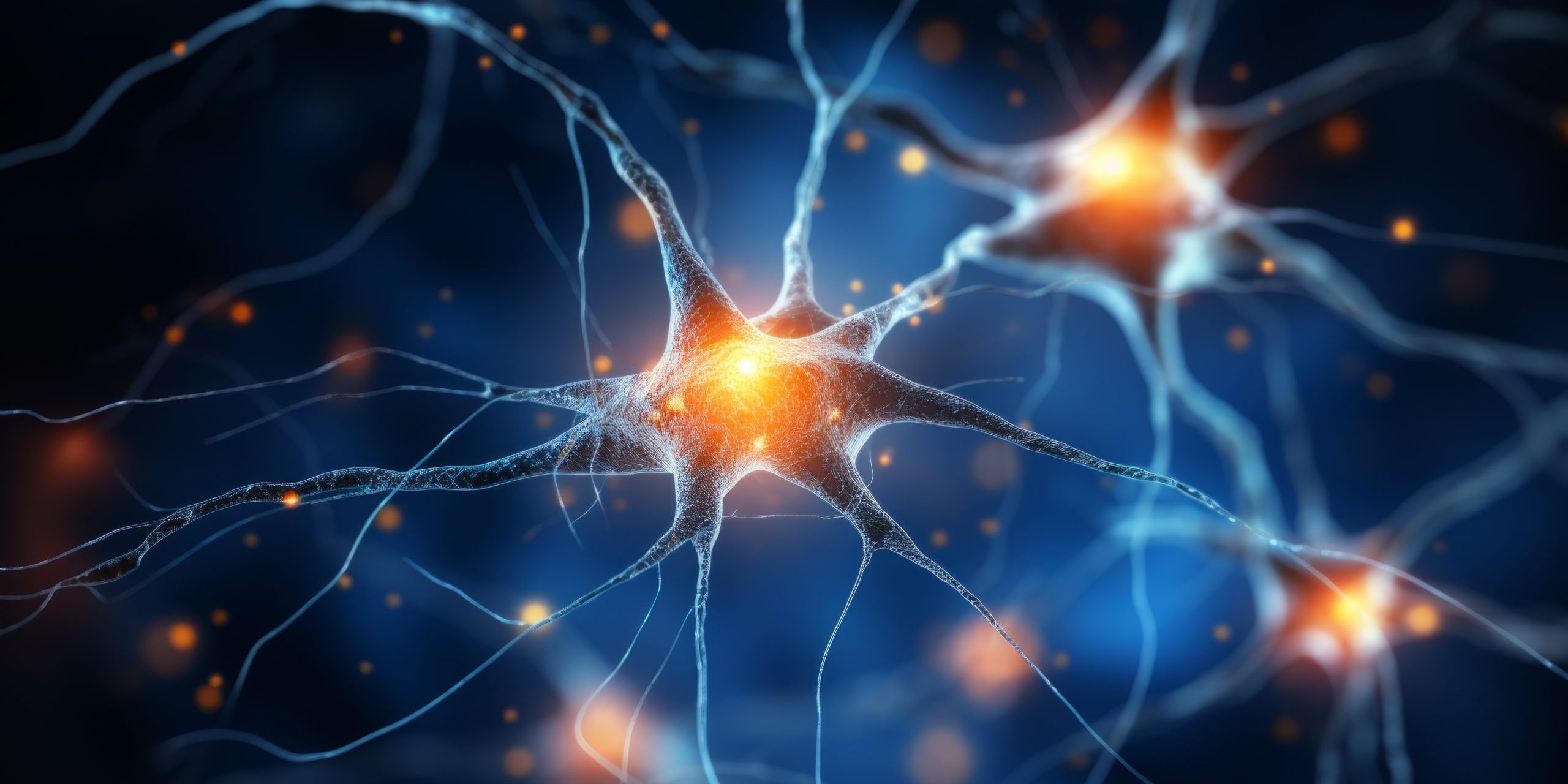Developing therapies to combat disruptive brain development
Projector coordinator:
Laurent Groc
Coordinating institution:
CNRS
Neuropsychiatric disorders, inflammation, antibodies, MRI, microglia, interneurons, genes, cytokines
- Budget: 1 M€
- Duration: 36 months
- Number: ANR-22-EXPR-0005
Neuropsychiatric disorders are often linked to disturbances in brain development, especially from prenatal life to adolescence.
These alterations stem from genetic, environmental and immune factors, such as inflammation. Anti-neuronal autoantibodies (AAb), which modify synaptic transmission, play a crucial role. 10-20% of schizophrenia patients are positive for AAb targeting NMDA receptors.
The project aims to develop therapies to counteract these AAb and identify their clonal origin to understand pathogenesis.
The consortium uses multiscale approaches to accurately categorize psychiatric patients. The impact of immune challenges on microglia, which regulate the development of neuronal circuits, is also being studied.
Studies on mouse models show that prenatal or juvenile challenges can alter cortical interneuron circuits, essential for development.
The project explores the mechanisms and combined effects of immune challenges and genetic variants, particularly on the Grin2b and Grin2a genes, to understand the long-term impacts on the brain. Techniques such as mouse genetics, transcriptomics and MRI will be used to analyze functional consequences, measuring cytokines, behaviors and brain connectivity.
CEA, Collège de France, Pasteur Institute

